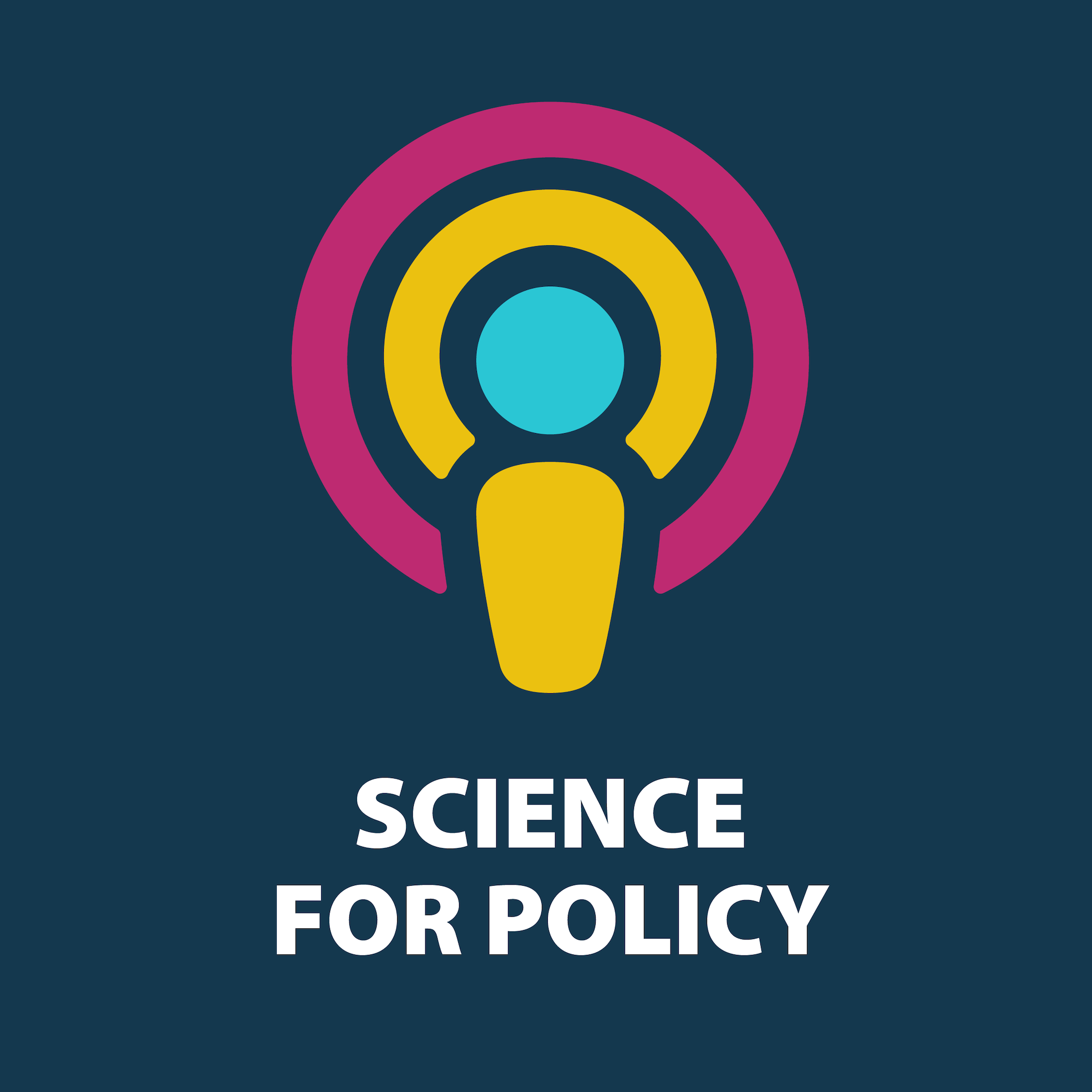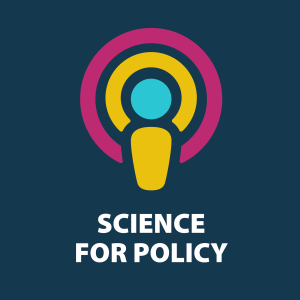
How far should we rely on science to make political decisions? What makes a good science advisor — or a good science advice system? What do we do when the evidence is incomplete or controversial? What happens when science advice goes wrong and how can we fix it? We explore these questions, and many more, in conversation with the researchers, policymakers and communicators who make science advice happen around the world. The Science for Policy podcast is produced the Scientific Advice Mechanism to the European Commission and hosted by Toby Wardman. The many and varied opinions expressed on this podcast are those of the guests themselves. They do not necessarily represent the views of SAPEA or the European Commission.
Episodes

Monday Jul 26, 2021
Monday Jul 26, 2021
Our two-part series focusing on students and early career researchers concludes today with a lively conversation about teaching, learning and scholarship. Dr Leonie Tanczer, the designer of a unique science advice course at University College London, joins two of her former students María Jarquín and Natasha Boyd to discuss how the field is seen through the eyes of students — with a particular focus on improving diversity in the science advice community.
=== Resources mentioned in this episode ===
- UCL blog post on diversity: https://blogs.ucl.ac.uk/steapp/2019/06/13/science-advice-diversity/
- McKinsey work on diversity mentioned by Natasha: https://www.mckinsey.com/featured-insights/diversity-and-inclusion/diversity-wins-interactive
- EScAPE project: https://escapecovid19.org/

No comments yet. Be the first to say something!